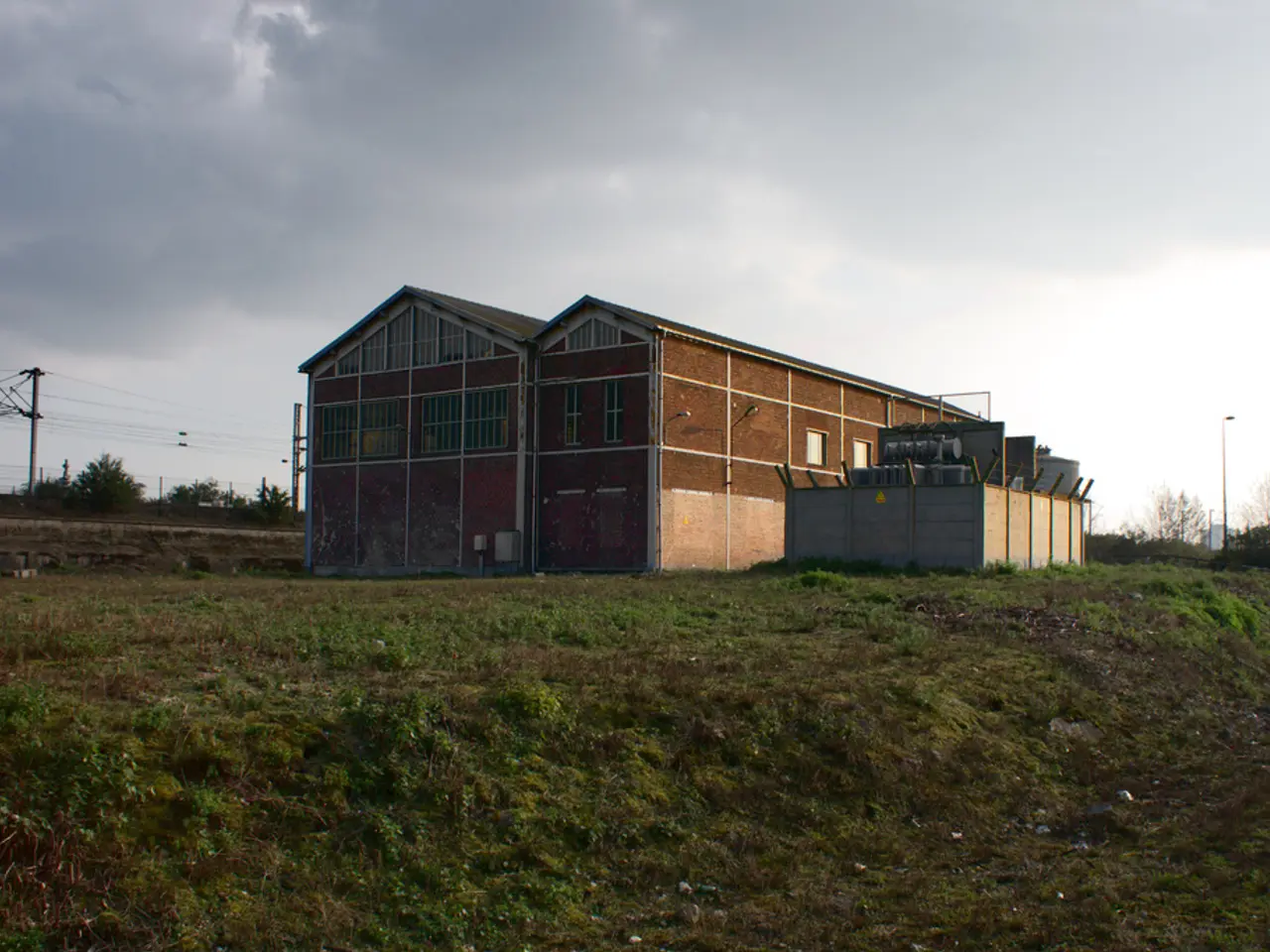Before the decision on Trump's "Big Beautiful Bill," an examination of its benefits: only the affluent reap rewards
The "One Big Beautiful Bill" (OBBB), a comprehensive budget law proposed by former President Donald Trump, is once again under scrutiny as the House of Representatives prepares to vote on the legislation. The 1,000-page bill, which includes measures such as massive tax cuts for businesses, increased funding for immigration and border control, and one-time payments for young parents, has sparked both economic growth and increased debt, with a distribution of benefits heavily favoring higher-income groups.
The proposed tax cuts, if passed, are projected to reduce federal tax revenue by approximately $5 trillion between 2025 and 2034 on a conventional basis. This could lead to a significant increase in the federal deficit and debt. According to the Penn Wharton Budget Model, the bill would increase the deficit by $4.3 trillion over 10 years, with a modest GDP increase of 0.4% over the same period.
The distribution of benefits from the OBBB is a point of contention. Most tax cuts disproportionately benefit the highest income households. The Institute on Taxation and Economic Policy (ITEP) projects that in 2026, the poorest 20% of Americans would receive only about 1% of the total tax cuts, while the richest 20% would capture around 68%, with the top 5% alone receiving 44% of the cuts.
The economically liberal Peter G. Peterson Foundation has displayed the current national debt at several public places in Washington. Over the next decade, more than 12 million Americans could lose their health insurance due to stricter requirements for food stamps (SNAP) and Medicaid, according to independent experts from the Congressional Budget Office.
However, the White House claims the bill delivers the largest middle- and working-class tax cuts in history. They emphasise benefits like increased child tax credits, expanded childcare access, and newborn savings accounts, arguing it will boost take-home pay by over $10,000 for typical families.
Elon Musk, a billionaire friend of President Trump, has criticised Trump's tax bill, calling it a "Disgusting Abomination." The OBBB's future remains uncertain, with concerns about its economic impact, distribution of benefits, and potential harm to low-income households and safety net programs.
In summary, while the OBBB may spur some economic growth, it would significantly increase federal debt and primarily benefit wealthier households, with low-income groups facing net losses due to reduced social safety net programs and regressively distributed tax cuts. The bill's future in the House of Representatives remains uncertain.
- The discussion surrounding the OBBB extends beyond just the economic impact, as politics play a significant role in determining its future, with critics pointing out its regressive distribution of benefits that disproportionately favor higher-income groups.
- The proposed tax cuts in the OBBB, if passed, could lead to a surge in federal deficit and debt, making it a contentious issue in the realm of general-news and finance, especially when considering its potential consequences for the nation's overall economy and business environment.




